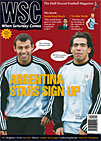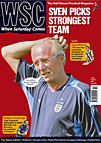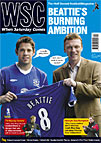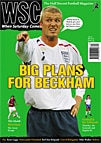 The league that produced the European champions in its final season. By Jonathan Wilson
The league that produced the European champions in its final season. By Jonathan Wilson
The long-term significance
Given the political situation, 1990-91 is remarkable for having passed off so smoothly. The previous season had been overshadowed by the riot at the Maksimir Stadium in Zagreb between Dinamo’s Bad Blue Boys and Red Star Belgrade’s Delije, hooligan firms that would end up serving at the front and who later saw that clash as the first battle of the Yugoslavian Civil War. However, although political violence flared across the region, crowd trouble remained relatively low-key.
It was, though, the last season of a truly pan-Yugoslav league. The Croatian clubs – Dinamo Zagreb, Hajduk Split, Osijek and Rijeka, as well as NK Zagreb, who would have been promoted – withdrew to join the league of the newly independent Croatia, while Olimpija Ljubljana, Slovenia’s only top-flight representatives, also withdrew. No sides were relegated, with OFK Belgrade (third), Sutjeska Niksic (fourth) and Pelister Bitola (sixth) joining second-placed Vardar Skopje in being promoted from the second division. The season also saw the continuation of the experiment whereby drawn games went to a penalty shootout, with only the winners taking a point, something that was widely seen as having helped Crvena Zvezda – Red Star – in Europe.
Read more…
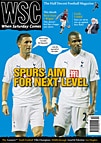 Germany’s former captain believes he is destined for managerial greatness. No one else agrees. Paul Joyce reports on the coaching career of the German Bryan Robson
Germany’s former captain believes he is destined for managerial greatness. No one else agrees. Paul Joyce reports on the coaching career of the German Bryan Robson
